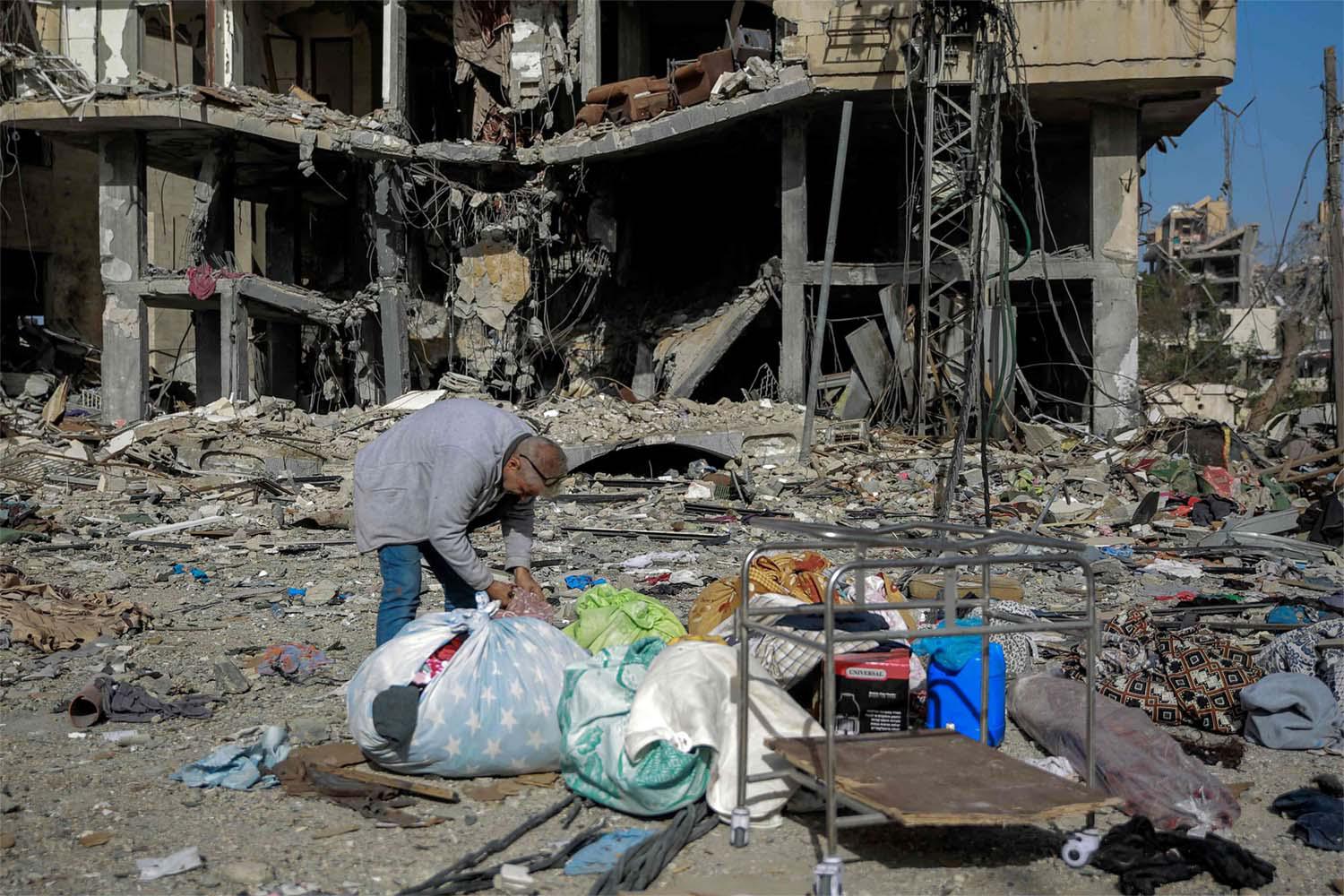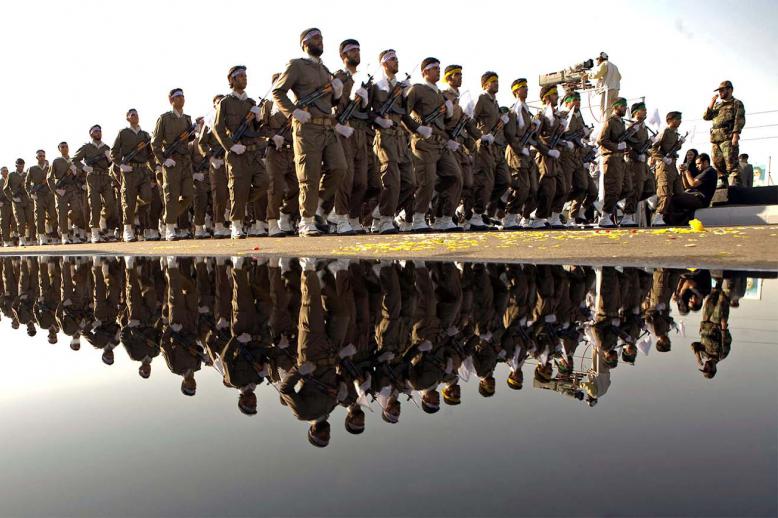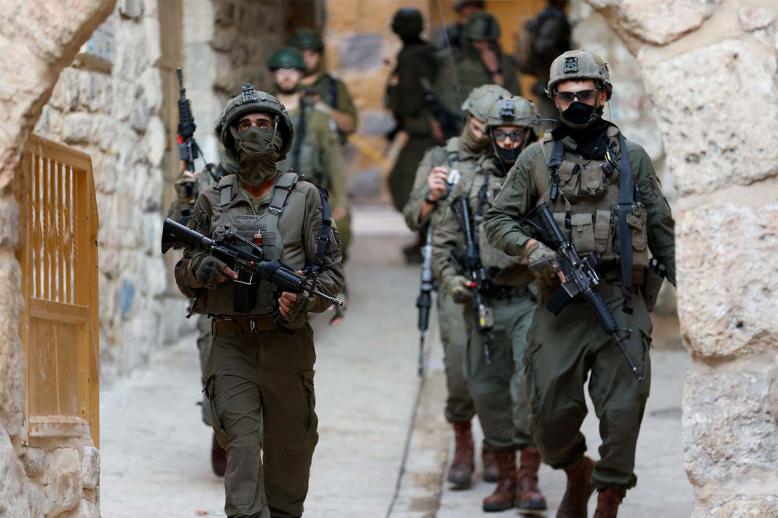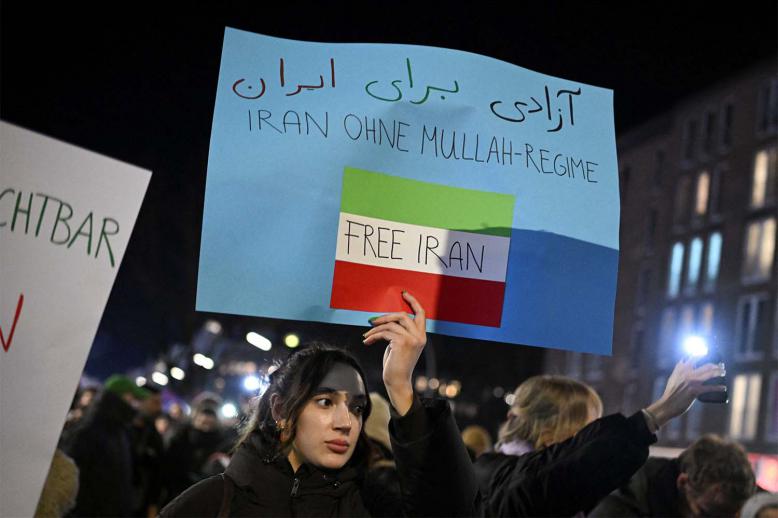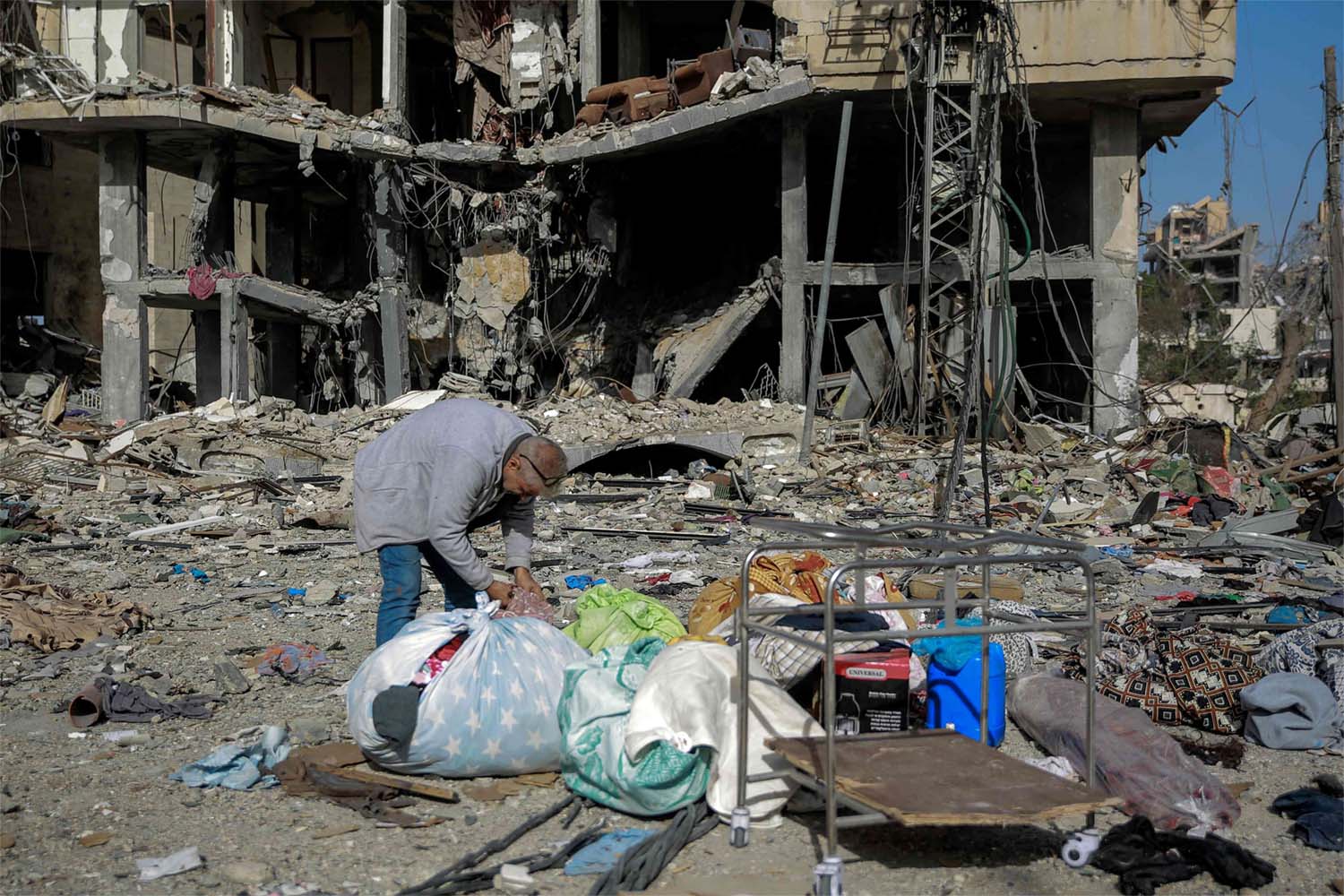What happens the day after the Gaza war?
Last week's Manama Dialogue in Bahrain was the first chance for a wider discussion between Americans, the primary international backers of the war still raging in Gaza, and the wider Middle East, which will have to deal with the consequences of that conflict. It didn't go well.
If the Biden administration, which sent its top Middle East adviser Brett McGurk, had hoped Arab allies could be persuaded by the hardline approach it is pursuing, it was disappointed. McGurk stuck to the line that Biden later reiterated, that “a cease-fire is not peace.” That represented a stark difference from most Middle Eastern leaders, who are seeking an immediate cease-fire to halt the vast civilian casualties in Gaza.
America and its Arab allies are merely not on the same page when it comes to the current war; they are also at odds over what happens after it ends.
There are two reasons for this. The first is that the Arab world is concerned that the US will allow Israel to destroy Gaza, and expect the Arab world to provide the money, expertise and personnel to rebuild it. Jordan's Foreign Minister Ayman Safadi was categorical: “We are telling the Israeli government … once you are done we will clean up your mess. No, we will not.”
The second aspect is what form of governance would follow the removal of Hamas in Gaza. And therein lies a conundrum, because every option available has already been rejected by one party or another.
There are, broadly speaking, three options for a Gaza post-Hamas. (That is, if it is even possible to uproot Hamas, something many analysts have pointed out is likely to be difficult or impossible.)
The first is a complete reoccupation of Gaza by Israel; the second is the return of the Palestinian Authority to the coastal enclave; and the third is some external political or security administration – perhaps a government with a coalition of Arab states or a UN-run administration.
The option of a complete reoccupation has been touted by more than one Israeli official, including Prime Minister Benjamin Netanyahu. The White House shot it down the very next day. “A reoccupation … of Gaza is not the right thing to do,” said a spokesperson. That doesn't, however, mean that it is off the table. The war could yet drag on in some form for over a year, and next year's US election could bring a new, more amenable occupant to the White House. If the option is to have an Arab or international force next door that won't do its bidding, Israel may well conclude it is better to simply wait out the next year, through endless “security operations,” and see what the US election brings.
The second option is the return of the Palestinian Authority, which appears to be Washington's preference.
But if the Americans are keen on it, the Palestinian Authority is not, at least not on the current terms proposed. The PA governs parts of the Israeli-occupied West Bank, and previously Gaza until Hamas seized control in 2007. The PA wants to see political progress before they return to Gaza. Simply taking over governing Gaza without any changes to the stifling economic conditions would put the PA in the position of being Israel and America's police officer – simply enforcing rules that have been decided elsewhere. For the PA, which wants to win future elections – if they ever materialize – being seen as complicit in a continuing occupation is deeply problematic. Opposition to the return of the PA would also come from the Israeli government, with Netanyahu already voicing his opposition to the PA taking charge of the territory.
That leaves the option of an outside force, either an Arab coalition or something under the auspices of the United Nations. The first can probably be dismissed. Speaking in Manama, Safadi was direct: “There will be no Arab troops going to Gaza. None. We are not going to be seen as the enemy.” It can be presumed Safadi was articulating not merely the position of Jordan, but that of Arab heavyweights like Saudi Arabia.
That leaves the possibility of a UN-force. While that may be palatable to both sides – the Arabs would get their wish to not have to clean up Israel's mess, while Israel would feel at least Palestinians were not in charge – a UN-force may prove trickiest of all, because it would require some form of publicly-declared mandate. Which means that, somehow, a vision of what exactly the force is doing there, and why, would need to be explained. And that pushes up against the more vital and most intractable question – what exactly is the political settlement in Gaza?
The reason why the Israelis are so focused on the military strategy, and the Americans have resorted to dredging up the almost forgotten two-state solution, is because, beyond that, there is no imagined political settlement. There is no vision of what Gaza can become. It is much easier to focus on a strategy of how to defeat Hamas in Gaza rather than to try and imagine what politics will look like the day after.
Faisal Al Yafai is currently writing a book on the Middle East and is a frequent commentator on international TV news networks. He has worked for news outlets such as The Guardian and the BBC, and reported on the Middle East, Eastern Europe, Asia and Africa. X: @FaisalAlYafai
Copyright: Syndication Bureau


